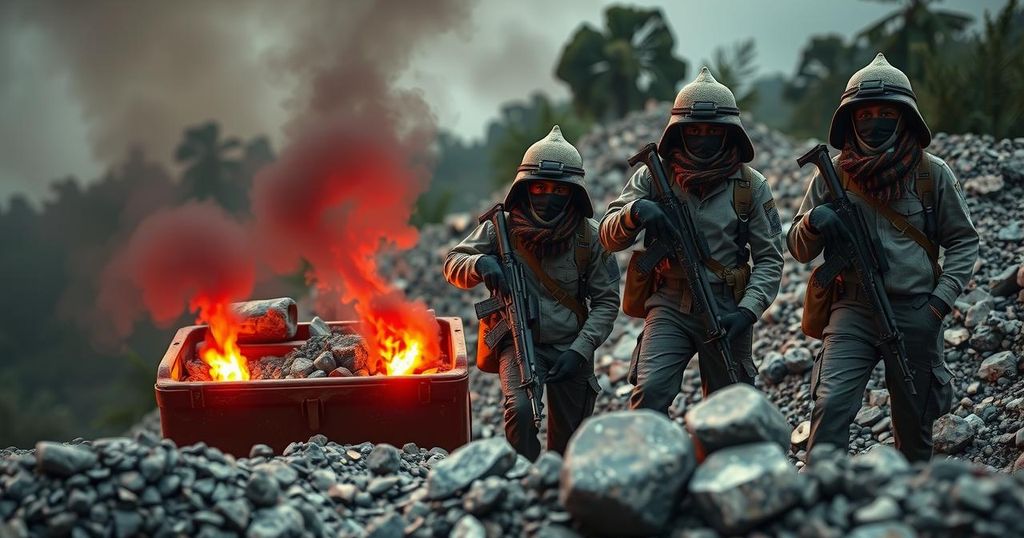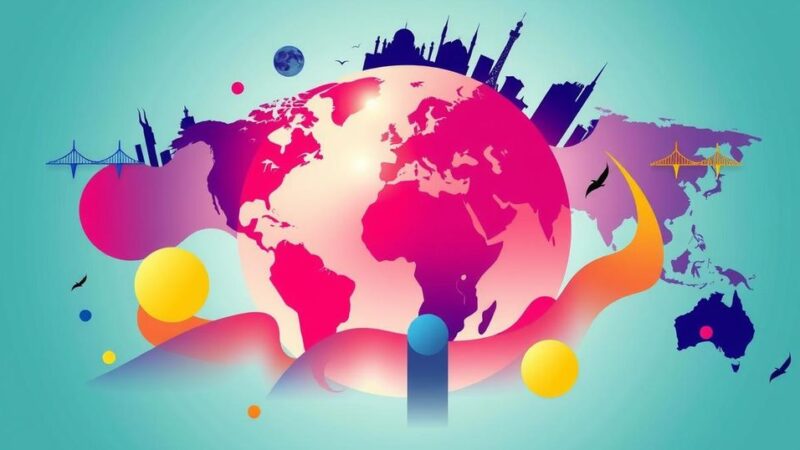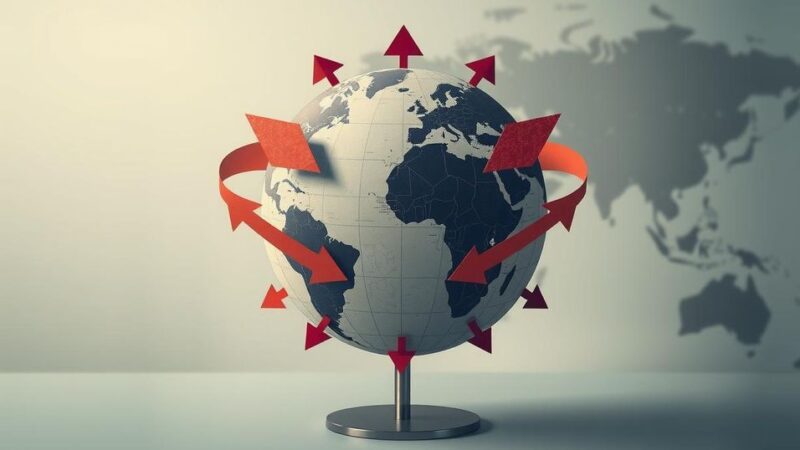The U.N. report indicates that eastern Congo rebels have illegally exported coltan to Rwanda, contaminating the mineral supply chain. The M23 group seized control of mining areas, disrupting ethical sourcing for technology manufacturers. This has led to significant financial gains for the rebels while complicating international procurement processes.
A recent report by U.N. experts has revealed that armed groups in eastern Democratic Republic of Congo have illicitly exported over 150 metric tons of coltan to Rwanda, resulting in significant contamination of the mineral supply chain in the Great Lakes Region. The exports began after the M23 rebel movement, allegedly supported by Rwanda, captured the mineral-rich Rubaya area in April. This has created complications for technology manufacturers who must ensure that their metals do not originate from conflict areas such as eastern Congo.
The conflict in eastern Democratic Republic of Congo has long been linked to the exploitation of mineral resources, including coltan, which is essential for the production of various electronic devices. The M23 group, which is Tutsi-led and has past connections to Rwandan military support, continues to exert control over key mineral-producing regions. The issues raised in the U.N. report highlight the challenges of establishing ethical supply chains amidst ongoing conflict and exploitation.
The findings of the U.N. report underscore the serious implications of conflict on global mineral supply chains, particularly in the context of technology companies facing increased scrutiny regarding the sourcing of conflict minerals. With substantial revenues generated from illegal exports, the situation in Congo calls for urgent international attention and action to address the root causes of conflict and promote transparency in the mineral trade.
Original Source: www.hindustantimes.com






